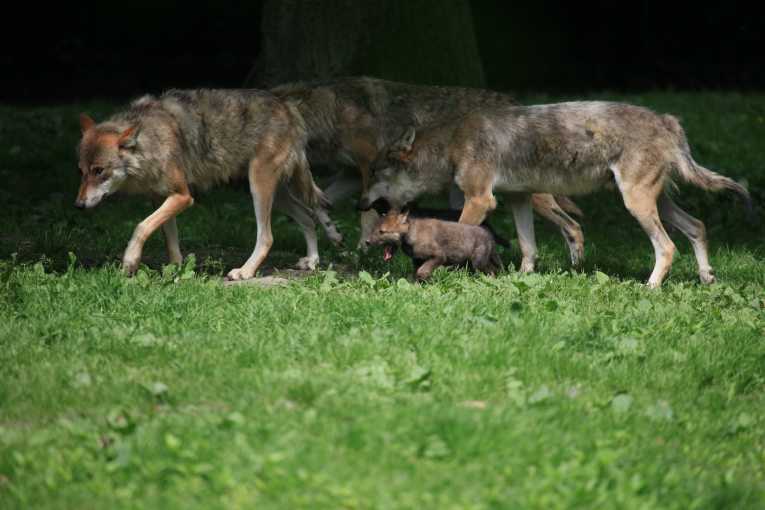The Swedish government has rejected criticism from the European Union over its decision to bring back the wolf hunt after a 46 year hiatus.
Sweden has a wolf population of over 200, spread across 20 packs. Two years ago the decision was taken to keep the population at or around this level. This means the return of an annual wolf hunt with a quote of 20 wolves.
The country's Environment Minister, Andreas Calgren, defended the country's actions, reported by the AFP news agency, saying it is vital to maintain a viable wolf population, ''The aim of the government's wolf policy is for wolves to achieve the favourable conservation status that they currently lack''.
His argument is the wolf population is not sustainable because of a lack of diversity. As well as the 20 new pups born each year, new additions to the population will be brought in from Finland and Russia.
Wolves are a protected species in Europe. Sweden's decision to allow the hunt to return animals a year as provoked intense criticism, no less from the European Environment Commission, Janez Potocinik who claims it violates an EU directive. He has called for Sweden to be reprimanded for a formal infringement for allowing the hunt of a protected species. If found guilty the country could face a substantial fine from the European Court of Justice.
Andreas Carlgren argues Sweden is not infringing the rule, as it allows reducing numbers of a protected species that causes a disturbance. The news of the wolf hunt has been received with joy in the country's rural areas. Wolves have been blamed for attacks on reindeer and sheep.
''This requires strong and controversial measures, and the different aspects of wolf policy cannot be considered in isolation, as the Commission tends to do'', the Environment Minister concluded.
But his defence has not assuaged Sweden's Environmental campaigners, including WWF in the country who said, ''The government's answer is vague and does not answer the European Commission's tough questions''.















